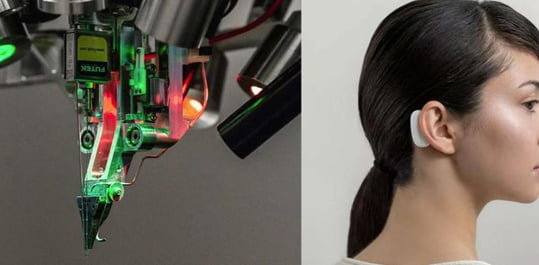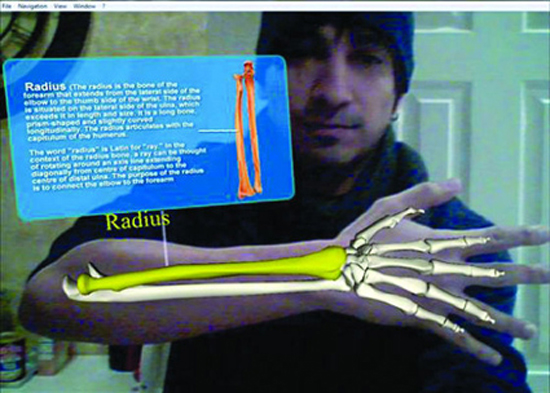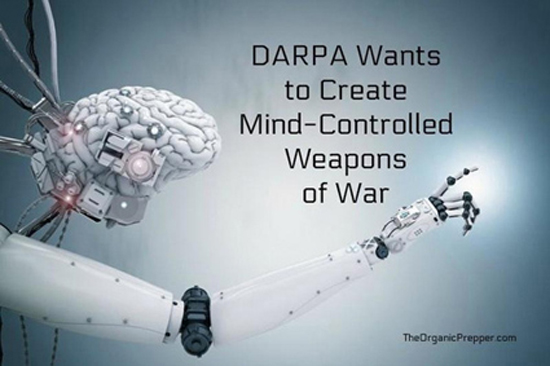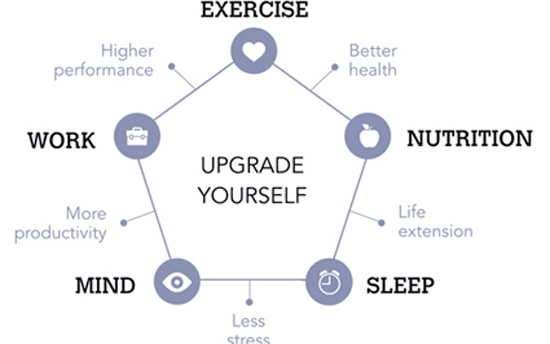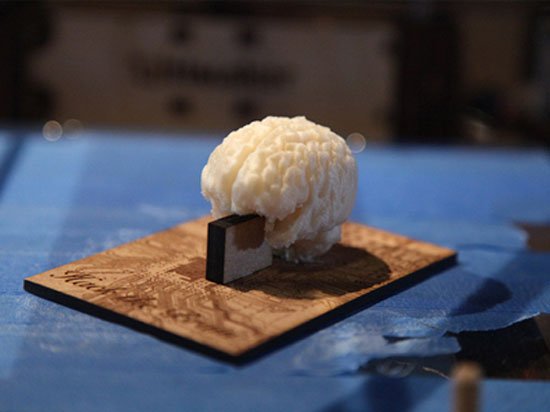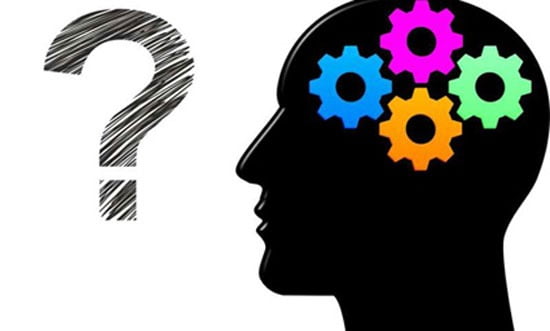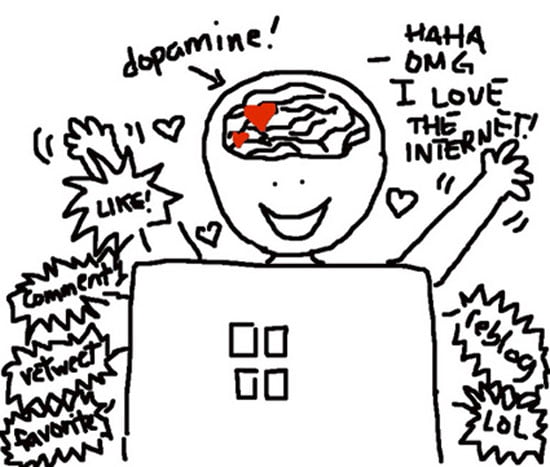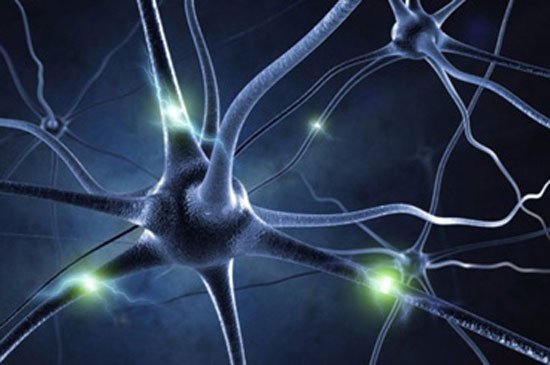The inventor is an american, studied at Harvard. His name is Han Bicheng, and his start-up BrainCo. His invention is sensors that by resting on the forehead “catch electrical signals” …
Labor is the target.
The measures taken (and will be taken) on the occasion of the pandemic have a huge impact on the economy in general and the labor market in particular. Rhetoric has it that in order lives to be saved, the economy must be sacrificed. “Human life above profits!” is the slogan; and concerns about whether states have anti-capitalist tendencies to protect us are manifested in the cafes of the friends of the working class. Unable to find an explanation for the “turn of states against their interests and profits”, they accept this turn as a contradiction and get rid of it; to get confused again afterwards, trying to criticize its management, asking for more protection measures and bonuses.
Neuralink
You may easily be about a century behind. He is certainly not a successful businessman either, but that’s how he is considered (the parallel realities, you see!). He stands very …
neuromechanics as a generator of realities
A real encounter with non-existent worlds for our Western rational civilization—and yet existent, if you accept the effort to discover them. Genuine experiences of contact with things behind the apparent, …
“I can read your thoughts”…
Zuckerberg and Musk impersonate the “Knights of the Apocalypse”: among other things, they invest in the “interface” between human neurons and machines. But they are, in essence, the advertisers of …
DARPA wants to create weapons controlled directly by the mind
Last year, the American DARPA (Defense Advanced Research Projects Agency) announced that it seeks to find non-invasive ways “to achieve high levels of communication between brain and mechanical systems without …
Citius, Altius, Fortius… every day, all day… (health as continuous upgrading)
The invasion of hygiene over the past decades has been sweeping, encountering minimal resistance and making its appearance even under the guise of an alternativism that often indulges in hygienic …
Minibrains
A favorite theme of science fiction (the entire The Matrix franchise is based on it) as well as discussions among “philosophers of mind”: what would happen if a brain could …
Αway from bad thoughts!
While some researchers are looking for what will, after all, eventually allow techno-science to help those taking exams to “remember all the material” (p. 56), others want to provide social …
Electric memories
A group of researchers from the University of Southern California and the Wake Forest School of Medicine announced that they experimentally confirmed the positive contribution of electrode implantation in the …
Dopamine
The “scientific” approach analyzes it as follows: Thanks to neuroscience, we are beginning to understand that achieving a goal or receiving a reward because one has completed a task can …
Νευρόσκονη
In early August last year, a team of researchers from the University of Berkeley, led by neuroscientist Jose Carmera and computer engineer Michel Maharbiz, published in the specialized journal Neyron …



